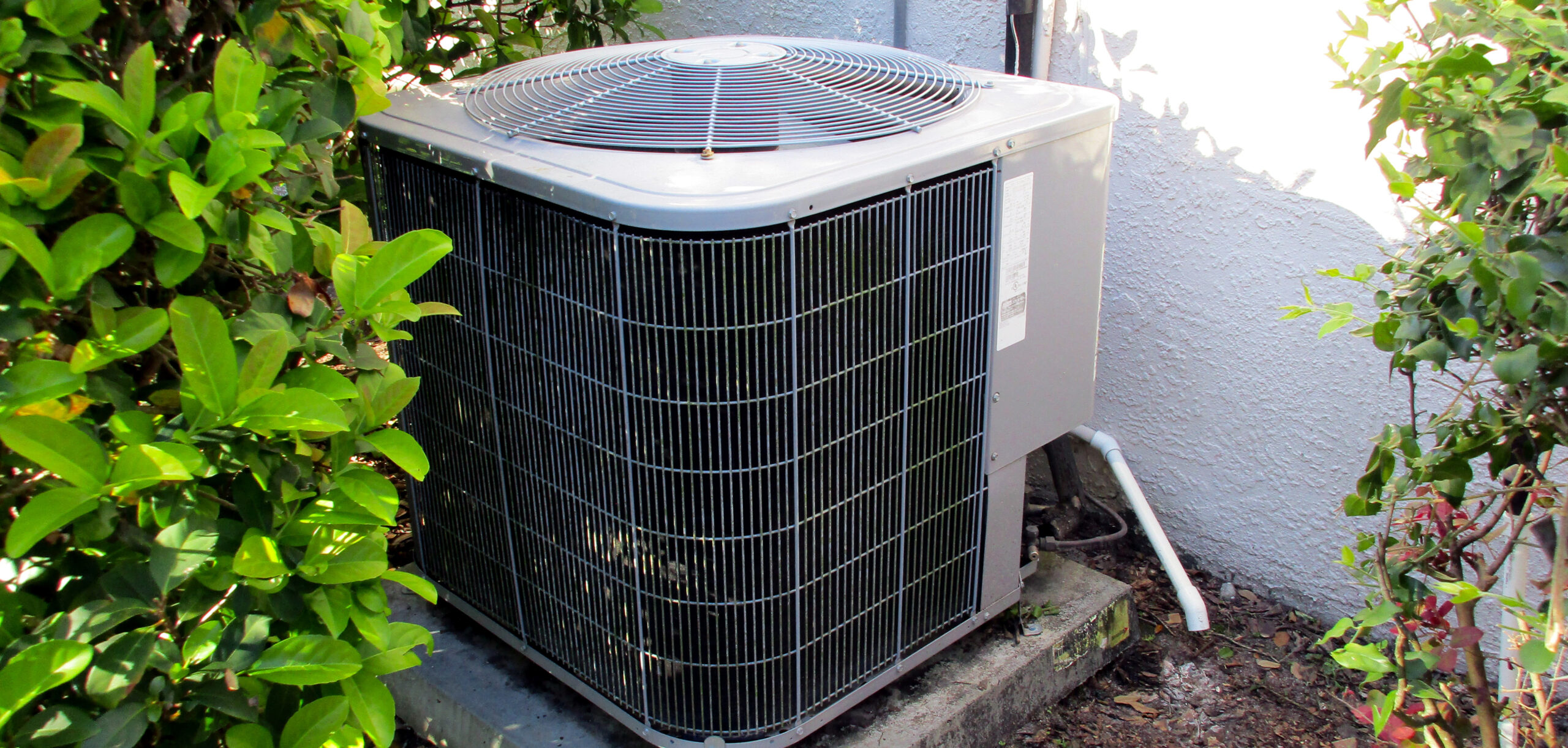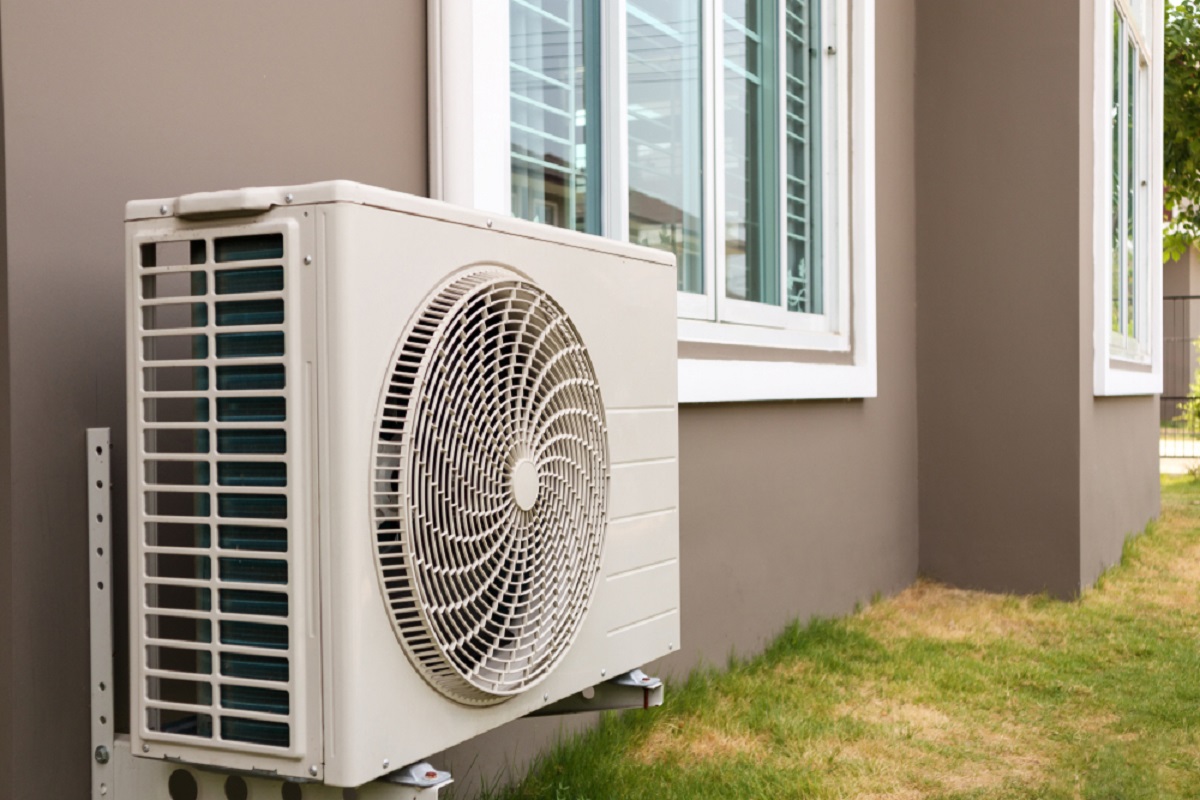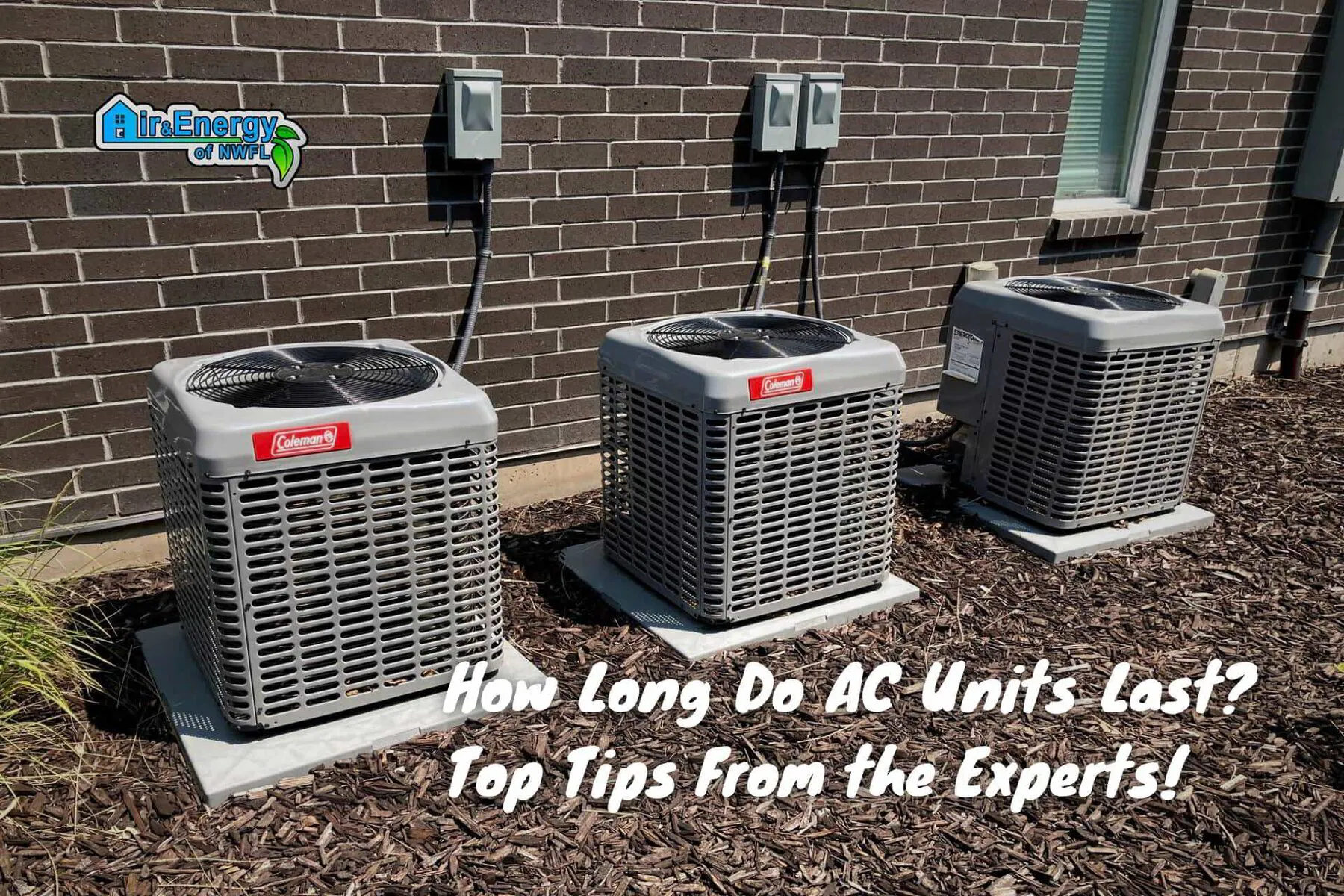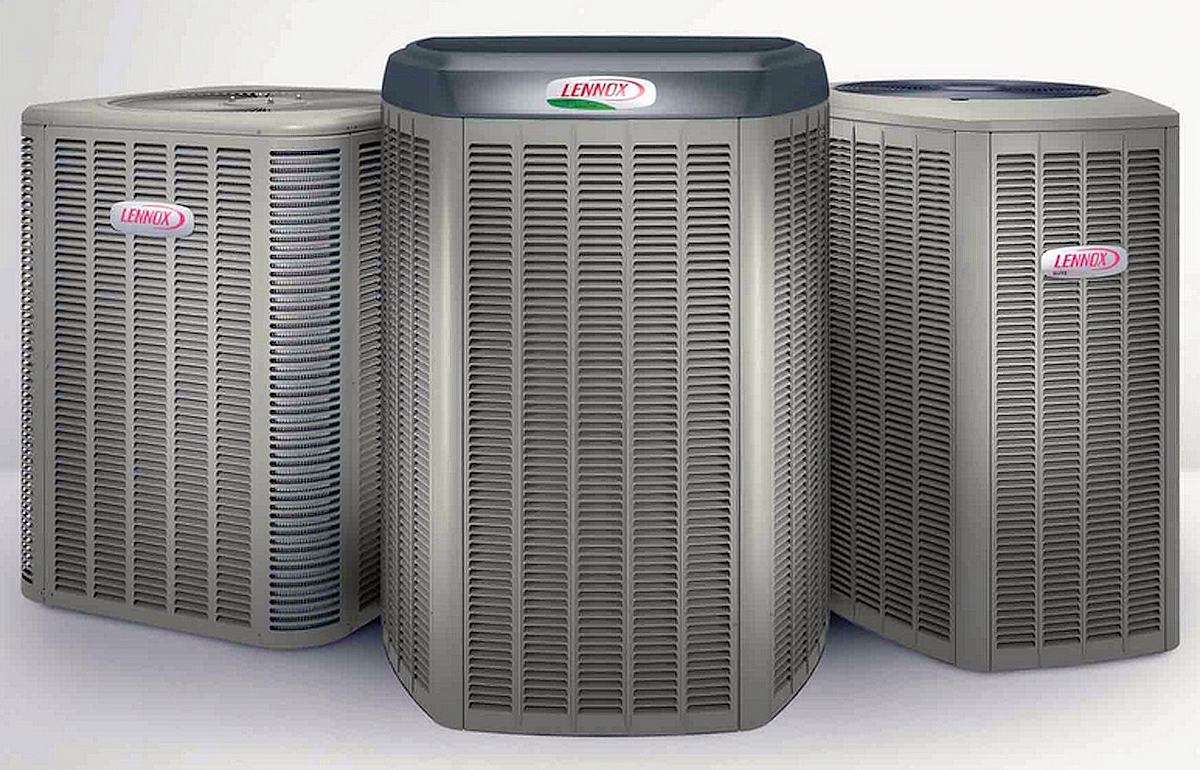How Long Does An Ac Unit Last In Florida

How Long Does an AC Unit Last in Florida? A Comprehensive Guide
Florida's intense heat and humidity put a significant strain on air conditioning systems. Understanding the lifespan of your AC unit, factors affecting it, and how to maximize its longevity is crucial for homeowners, real estate investors, and contractors alike. This guide provides a detailed overview of AC unit lifespan in Florida, covering everything from average lifespans to maintenance tips and replacement considerations.
Average Lifespan of AC Units in Florida
On average, an AC unit in Florida lasts between 10 and 15 years. However, this is just an average, and several factors can influence whether your unit reaches the lower or higher end of this range, or even exceeds it. Units closer to the coast may have a shorter life due to salt water corrosion.
Factors Affecting AC Unit Lifespan
Several key factors impact how long your AC unit will last in the Sunshine State:
- Climate: Florida's hot and humid climate forces AC units to work harder and longer than in milder climates. Extended operation leads to increased wear and tear.
- Maintenance: Regular maintenance is paramount. Neglecting tasks like filter replacements, coil cleaning, and annual inspections can significantly shorten the lifespan of your unit.
- Installation Quality: A poorly installed AC unit will never perform optimally and is more likely to experience premature failure. Proper sizing, ductwork sealing, and refrigerant charging are essential.
- Usage Patterns: Constant, heavy usage puts more stress on the system compared to intermittent or moderate use. Vacation homes, used seasonally, may have a longer lifespan.
- Unit Quality: Higher-quality units from reputable brands are generally built to withstand more demanding conditions and offer better components, leading to increased longevity.
- Saltwater Exposure: Homes near the coast are vulnerable to salt water corrosion, which can significantly shorten the lifespan of outdoor AC components.
Key Performance Metrics: SEER, AFUE, and HSPF
Understanding these ratings helps you choose an energy-efficient unit that can save money and potentially extend its lifespan by reducing strain:
- SEER (Seasonal Energy Efficiency Ratio): Measures cooling efficiency. The higher the SEER rating, the more efficient the unit. In Florida, a SEER rating of 15 or higher is generally recommended. ENERGY STAR certified units typically have a SEER rating of 15 or higher.
- AFUE (Annual Fuel Utilization Efficiency): Applies to furnaces and measures heating efficiency. This is less relevant in Florida, where cooling is the primary concern.
- HSPF (Heating Seasonal Performance Factor): Measures the heating efficiency of heat pumps. While Florida doesn't experience extreme cold, heat pumps can still be used for heating, making HSPF relevant. A higher HSPF rating indicates better heating efficiency.
Popular HVAC Brands and Models
Several brands are well-regarded for their durability and performance in Florida's climate. Here's a comparison of some popular options:
Carrier
Pros: Known for innovation and a wide range of models with varying SEER ratings. Offers advanced features like variable-speed compressors for enhanced efficiency and comfort. Carrier units are generally reliable and well-built.
Cons: Can be more expensive than other brands. Higher-end models may require specialized technicians for repairs.
Popular Models: Carrier Infinity Series (high SEER), Carrier Performance Series (mid-range), Carrier Comfort Series (entry-level).
Trane
Pros: Known for its durability and reliability. Trane units are built to withstand harsh conditions and often have robust components. Offers a solid warranty program.
Cons: Can be pricier than some competitors. The basic models may lack some of the advanced features found in other brands.
Popular Models: Trane XV20i (high SEER, variable speed), Trane XR16 (mid-range), Trane XR14 (entry-level).
Goodman
Pros: Generally more affordable than Carrier or Trane. Offers a good balance of features and price. Often comes with a long parts warranty.
Cons: May not be as durable as higher-end brands. Some models may lack the advanced features found in more expensive units. Goodman's reputation is generally good, but some models may not be as efficient.
Popular Models: Goodman GSX16 (mid-range), Goodman GSX14 (entry-level).
Lennox
Pros: Offers some of the most energy-efficient units on the market. Innovative technology and advanced features. Lennox is often a leader in energy saving.
Cons: Can be the most expensive option. May require specialized technicians for repairs and maintenance.
Popular Models: Lennox SL28XCV (highest SEER), Lennox EL16XC1 (mid-range), Lennox ML14XC1 (entry-level).
Note: Pricing varies depending on the model, size, and installer. Obtain quotes from multiple contractors to compare prices and services.
Warranty Considerations
A solid warranty provides peace of mind and can save you money on potential repairs. Here's what to look for:
- Compressor Warranty: The compressor is the heart of the AC unit. Look for a warranty of at least 5 years, and ideally 10 years or longer.
- Parts Warranty: Covers other components like coils, fans, and motors. A 5-year parts warranty is standard, but some brands offer 10-year warranties with registration.
- Labor Warranty: Covers the cost of labor for repairs. Labor warranties are often shorter than parts warranties, typically 1-2 years. Consider purchasing an extended labor warranty for added protection.
Important: Register your AC unit with the manufacturer to ensure your warranty is valid. Also, keep records of all maintenance performed on your unit.
Extending the Life of Your AC Unit: Maintenance Tips
Proactive maintenance is essential for maximizing the lifespan of your AC unit in Florida. Follow these tips:
- Change Air Filters Regularly: Replace or clean your air filters every 1-3 months, or more frequently if you have pets or allergies. Dirty filters restrict airflow and force the unit to work harder.
- Clean Coils: Keep the outdoor condenser coil and indoor evaporator coil clean. Debris buildup reduces efficiency and can lead to overheating.
- Schedule Annual Maintenance: Hire a qualified HVAC technician to inspect and tune up your AC unit annually. This includes checking refrigerant levels, inspecting electrical components, and lubricating moving parts.
- Clear Debris Around Outdoor Unit: Keep the area around the outdoor unit free of plants, leaves, and other debris that can obstruct airflow.
- Ensure Proper Ventilation: Make sure vents are not blocked by furniture.
- Consider a Programmable Thermostat: Use a programmable thermostat to adjust the temperature when you're away from home, reducing energy consumption and strain on the AC unit.
- Seal Ductwork: Leaky ductwork can waste energy and force the AC unit to work harder. Have your ductwork inspected and sealed if necessary.
When to Replace Your AC Unit
Even with proper maintenance, an AC unit will eventually need to be replaced. Consider replacement if:
- The unit is 10-15 years old or older.
- The unit requires frequent repairs.
- Energy bills are increasing despite consistent usage.
- The unit is no longer cooling effectively.
- The unit uses R-22 refrigerant, which is being phased out.
Replacing an older, inefficient AC unit with a new, high-efficiency model can save you money on energy bills and improve your home's comfort. Consult with an HVAC professional to determine the best replacement option for your needs and budget.
Saltwater Corrosion Protection
If you live near the coast, saltwater corrosion is a major concern. Consider these protective measures:
- Choose a corrosion-resistant unit: Look for units with coated coils and other components designed to resist saltwater damage.
- Regularly rinse the outdoor unit: Use a hose to rinse the outdoor unit with fresh water regularly, especially after storms.
- Consider a protective cover: Use a cover to protect the outdoor unit when it's not in use, especially during the off-season.
- Professional Coating: Consider having a professional apply a corrosion-resistant coating to the unit.
Conclusion
Understanding the factors that affect AC unit lifespan in Florida, choosing the right unit, and implementing proper maintenance practices are crucial for ensuring long-term performance and saving money. By following the tips in this guide, you can maximize the lifespan of your AC unit and enjoy a comfortable and energy-efficient home for years to come. Consult with a qualified HVAC professional for personalized advice and recommendations.










